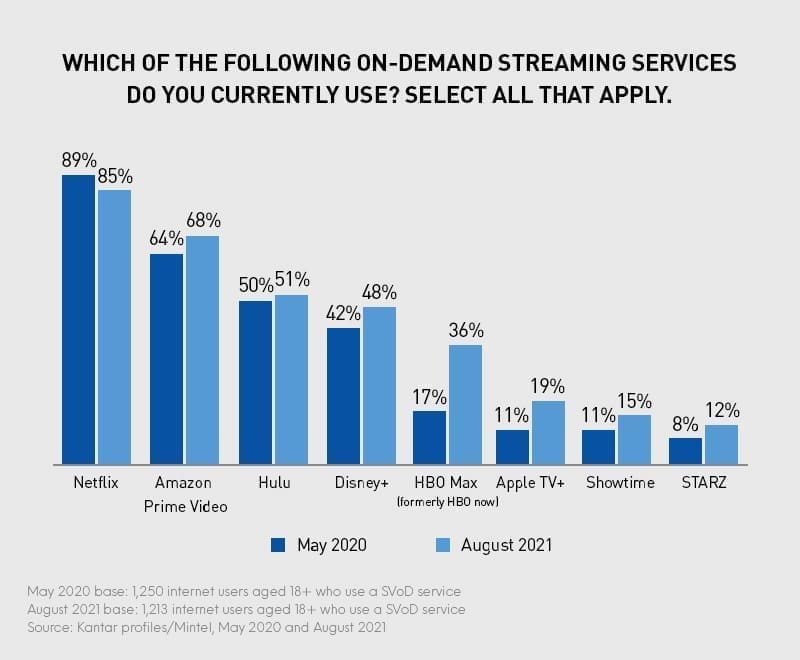When it comes to music streaming services, many consumers minds will instantly turn to the streaming giant Spotify. Indeed the service dominates the music streaming market in the UK, with almost half of UK consumers choosing it as their main provider. The market leader reaches a similar number of paid listeners, with 47% using it as their main streaming site.
A gap in the market?
Recently, however, there has been controversy over the site, with high profile artists such as Taylor Swift removing her music from the site. Equally concerned with the service is the US rapper Jay Z, who cited his discontent with the level of royalty payments that Spotify and other streaming services pay out to artists. In response to this discontentment he acquired the new start-up Tidal in March 2015.
Tidal will compete against existing brands for a share of subscriptions only, with no free tier available. It believes that the free alternatives offered by its rivals have been damaging to the overall value of the music industry.
In the UK projections, as stated in Mintel’s Streaming Media UK 2015 report, suggest the level of growth in the music streaming market will be substantial enough for a number of providers to make gains over the next few years. When it comes to the new services, Tidal may have more luck attracting those new to the market, rather than those already settled with a provider.
Can Spotify remain on top?
In terms of consumer satisfaction with music streaming services, nearly nine in ten UK consumers are happy with the service they use the most, and this rises to slightly over nine in ten Spotify subscribers. Spotify’s extensive library of more than 30 million songs has contributed significantly towards these high levels of satisfaction. In fact the range of songs and artists available on services has the biggest correlation with users’ overall satisfaction in this sector.
However Spotify’s competitive advantage could be at risk if more artists choose to boycott the service in favour of the likes of Tidal, which promises to pay out higher royalty rates. Given that Tidal has received backing from 12 high-profile artists, including Madonna, Rihanna and Deadmau5, the market leader could be facing the threat of further boycotts.
Will the high ground work?
Fair royalty payments will be a major part of Tidal’s messaging, but will this be a major part of it’s appeal? It is difficult to deny the huge wealth of all 13 artists that are backing the company, an issue already highlighted heavily in the media and many social media users have been quick to point out that they are hardly in need of the additional royalty fees.
It is therefore important, that the company can demonstrate how it is making money for up and coming artists, not just those who have already made their millions. Sponsoring, or at least highlighting, new musicians could create success stories that Tidal may want to feature within its marketing campaigns.
To take this further, releasing data showing exactly what proportion of revenues it pays out to record labels and artists could help the company to appeal to those who want companies to be responsible and fair.
How can they further differentiate themselves?
According to Mintel’s Music and Video Purchasing UK 2014 report, only 7% of consumers who do not subscribe to music services say they would be more likely to sign-up if given reassurances that artists were being paid fairly. Tidal will therefore clearly have to stand out through service features, as well as what is sees as a fairer contribution to artists, if it is to generate mass appeal.
Enhanced sound quality is Tidal’s main point of difference, although users will have to pay £19.99 a month for its top tier package (Tidal HiFi) in order to access its highest resolution audio files. The company looks to justify this premium by giving access to 1,411 kbps streams, more than four times the bitrate offered by Spotify Premium (320 kbps).
A partnership with a highly rated headphone manufacturer could help Tidal raise awareness of its sound quality and may also help it to justify its hefty price tag. Users of its premium service could be offered a pair of top end headphones as part of their subscription, or as an optional add-on, with the cost wrapped into a contract – akin to the way mobile phones are sold.
A wave or a ripple?
Spotify’s extensive library has helped towards the company’s strong position and built loyalty among users – however, this competitive advantage could be at risk if more artists choose to boycott the service in favour of the like of Tidal, which offers them higher royalty.
Yet Tidal’s moral stance needs to be focused on up and coming artists (not just those who have already made their millions) if it is to win consumer’s approval. This, coupled with focusing on sound quality, may be where Tidal is able to extend its appeal.
Mintel’s Senior Leisure and Technology Analyst Paul researches and writes Mintel’s consumer technology reports. Prior to joining Mintel in 2012, Paul held marketing roles within the Consumer Electronics sector for retailers such as Comet as well as manufacturing companies including Binatone Telecom PLC.Paul has been a key speaker at Mintel’s Big Conversation events, and has also presented at McCann’s Digital 360 conference. He has delivered presentations to a selection of Mintel’s multinational clients and regularly provides bespoke insight for digital agencies and media organisation.








































